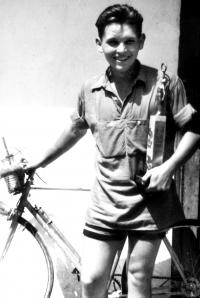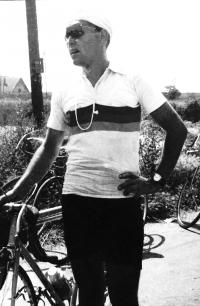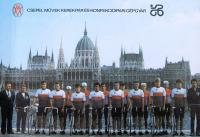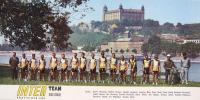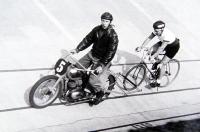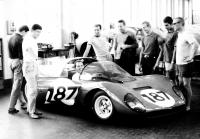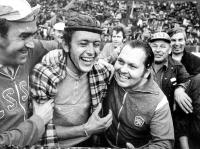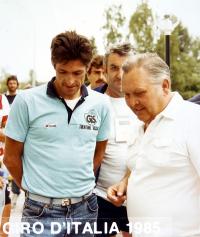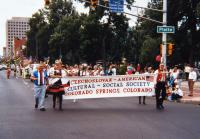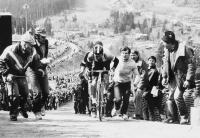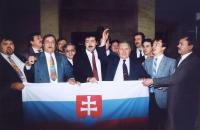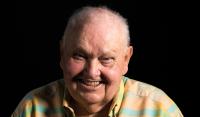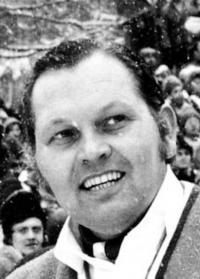I only agree with emigration, when one learns something abroad and returns home

Download image
Kamil Haťapka was born on March 3, 1932 in Spišská Nová Ves. His father Andrej became a head of the post office in 1936, since when the family began living in the capital. From his youth, Kamil was keen on sports, at first as a hockey player, later as a cyclist, what he coached during his whole life. In 1961 he founded a Czechoslovak cycling club Inter Bratislava in Slovnaft Company, where he worked back then. Kamil Haťapka worked hard to become a top-ranking internationally respected coach. As a coach of the Czechoslovak cycling representation he earned two silver medals in World Championships of Leicester in 1970 and Giavera del Montello in 1985. He also took part in overall victory of Vlastimil Moravec at the Peace Race in 1972. Except that he was a head of the Slovak Cycling Federation as well as a director of popular cycling race called Tour of Slovakia. From 1989 until 1992 he worked in Mexico, where he founded the Pan-American Cycling Confederation. Under his leadership, the sportsmen gained in total 24 medals in Pan American and Central American Games. After retuning back to Czechoslovakia, he entered the politics as a member of the Slovak National Party (SNS). In 1992 he was appointed a Vice-Chairman of the Foreign Committee of the Chamber of Nations of the Federal Assembly of the Czechoslovak Federal Republic. He took part in parliamentary voting that decided about the dissolution of Czechoslovakia. In 1996 he joined diplomatic services and became a councilor of the Slovak Ambassador in Mexico. In years 2008 - 2010 he also featured as a member of the Board of Supervisors of the Slovak Olympic Committee. He lives in Bratislava.
